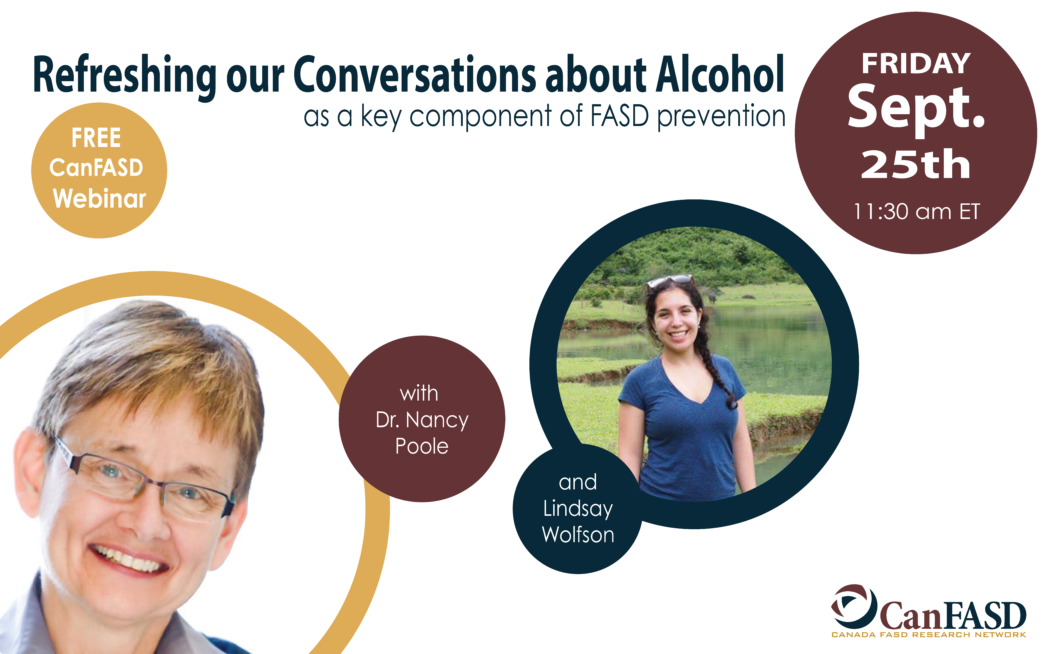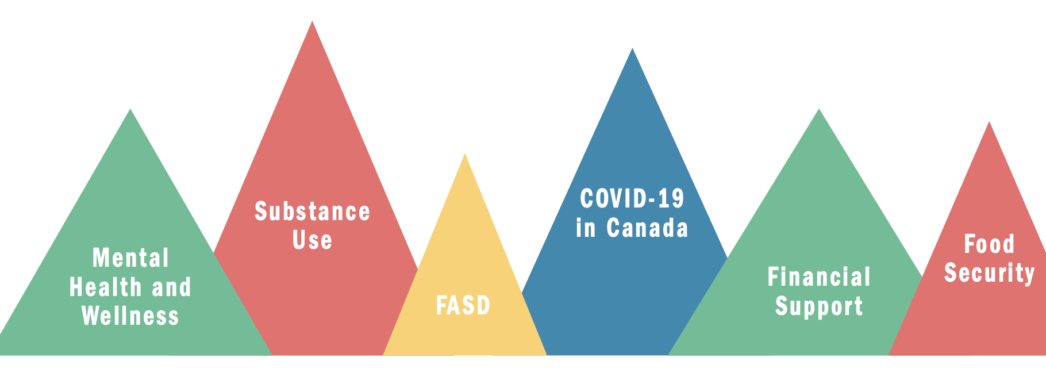Reaching women in childbearing years and their support networks through respectful conversations about alcohol is key to FASD prevention.
Alcohol warning labels to be mandatory in Australia and New Zealand
On July 17th, 2020 Food Ministers in Australia and New Zealand approved the health warning labels that are to be mandatory on alcohol containers. It is safest not to drink alcohol during pregnancy. These warning labels will remind consumers of this fact.
Alcohol, pregnancy and your mental health during COVID-19
Awareness and support are important to prevent FASD. We’ve created a new two-page handout that talks about alcohol, pregnancy, and mental health during COVID-19. We are asking women and partners to reduce their risk of FASD by going alcohol free if they are pregnant or trying to get pregnant. If they are not trying to get pregnant, we are reminding women that it is important to use reliable contraception.
Issue Paper: Alcohol and Breastfeeding
Prenatal alcohol exposure has the potential to result in a range of complex physical, mental, and behavioural disabilities, known collectively as fetal alcohol spectrum disorder (FASD). Although alcohol exposure through the consumption of breast milk does not cause FASD, it has the potential to negatively impact infant and child development.
Alcohol, Memes, and COVID-19
Media, such as social media, plays a large role in the way that alcohol use is normalized. Culturally, alcohol is part of how we relax, how we celebrate, how we reward ourselves, and how we manage anxiety in difficult situations.
Alcohol-related deaths are on the rise
New research out of the United States has found that the rates of death from alcohol in women have risen by an unprecedented 85% between 1999 and 2017.
Issue Paper: The Efficacy of Warning Labels on Alcohol Containers for FASD Prevention
Organizations and countries around the world have developed a number of prevention strategies to reduce the prevalence of Fetal Alcohol Spectrum Disorder (FASD). Alcohol warning labels are becoming an increasingly common prevention strategy. However, research is mixed on whether this approach is an effective means of FASD prevention.
- Page 2 of 2
- 1
- 2





